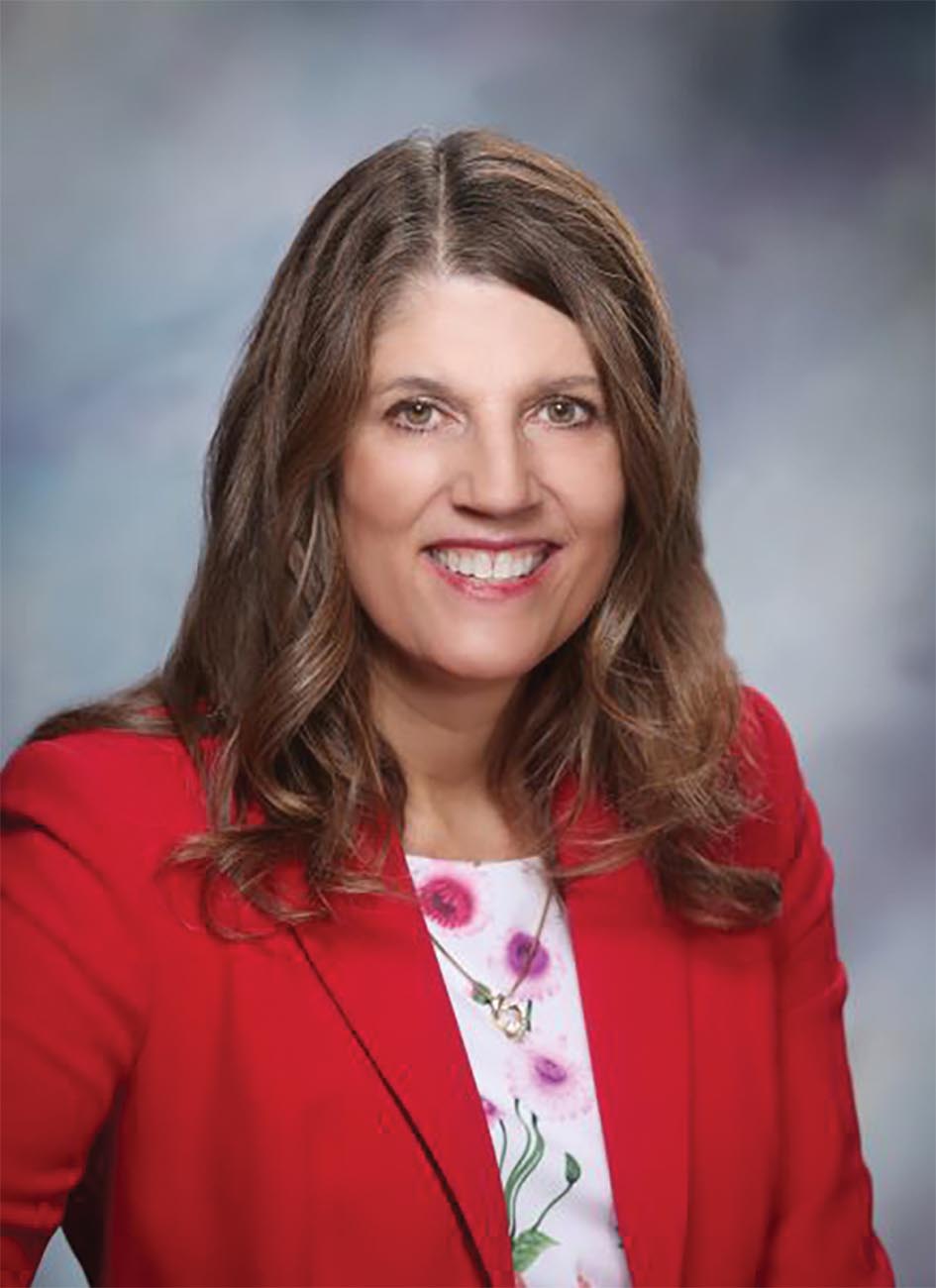Let Your Voice Be Heard as an Oncology Nurse Advocate
Advocacy can mean many things to nurses, and the meaning may even change depending on your position and perspective. The dictionary definition (https://www.merriam-webster.com/dictionary/advocacy) is “the act or process of supporting a cause or proposal,” but being an oncology nursing advocate goes far beyond that. It’s about having a vision for something and not settling for the status quo. It’s about striving for the best in whatever that cause may be—our patients, the profession, or health care in general.

Advocacy Across Nursing Levels
As staff nurses, we advocate for our patients daily: to increase an opioid, offer an alternative antiemetic, or support their treatment goals and desires. One of my fondest advocacy memories happened in 1990, shortly after graduating with my master’s degree from the University of California, San Francisco (UCSF). I started my first position as a clinical nurse specialist in a rural area. On my first day, I saw a 28-year-old patient who wanted to quit chemotherapy because of intractable nausea and vomiting and a 30-pound weight loss. He told me he would rather die than have any more chemotherapy. UCSF had just finished a clinical trial using a new agent called ondansetron. It seemed like a miracle drug, yet it wasn’t U.S. Food and Drug Administration approved. But that didn’t stop me, and I began advocating for the patient to obtain the drug. I contacted the pharmaceutical company, followed several processes, and my physician colleague and I obtained the drug for compassionate use. The patient never vomited again and was able to continue treatment.
Nurses also advocate as organizational leaders for optimal staffing, evidence-based care, and shared decision-making through professional practice models. The American Nurses Credentialing Center’s Magnet Recognition Program provides a foundation for nurses to have a voice organizationally and to advocate for shared-decision making and evidence-based practice standards. Only nurses know what nurses do, and unit- and hospital-based nursing councils are a powerful venue for nurses to communicate and advocate for what they need to provide quality cancer care.
Nurses also advocate for the profession at the state and national levels. The ONS president often serves on advocacy panels; for example, in 2022 I was involved in a HealthyWomen panel to promote the CURES Act (https://www.healthywomen.org/created-with-support/a-recap-healthywomens-webinar-cures-2-0), a Centers for Medicare and Medicaid Services panel to promote reimbursement for oncology nursing and innovative models of care, and a Nurses’ Week congressional panel to promote Title VIII Nursing Workforce Development programs.
You Can Become an Oncology Nurse Advocate
In September 2022, 105 ONS member oncology nurses met in Washington, DC, to discuss key oncology care initiatives with their Congressional representatives during the ONS Capitol Hill Days (https://www.ons.org/make-difference/ons-center-advocacy-and-health-policy/advocacy-and-healthy-policy-events). It was exciting to see oncology nurses joining together under one common, nonpartisan voice to discuss important topics that affect our patients and practice environments. If you haven’t been involved in Hill Days yet, I encourage you to consider the opportunity in the future.
Becoming an oncology nurse advocate requires passion, knowledge, and skills.
- First, be passionate about promoting the cause and be visionary about what you want to accomplish.
- Second, build your knowledge of the topic. For patient advocacy, become an expert on oncology nursing evidence-based practice. For professional advocacy, stay current on the latest nursing issues and legislative initiatives.
- Third, develop the skills to advocate. Role play and attend advocacy workshops and events such as Hill Days to learn how to advocate on a variety of oncology nursing topics.
Reflect on your role as a nurse advocate and ask yourself these questions:
- Where do I want to make a difference?
- How can I be better informed about my ability to make a difference?
- And how can I develop the skills necessary to take steps toward being an oncology nursing advocate?
Your vision, dream, and passion will help you use your voice on behalf of patients and the oncology nursing profession.
